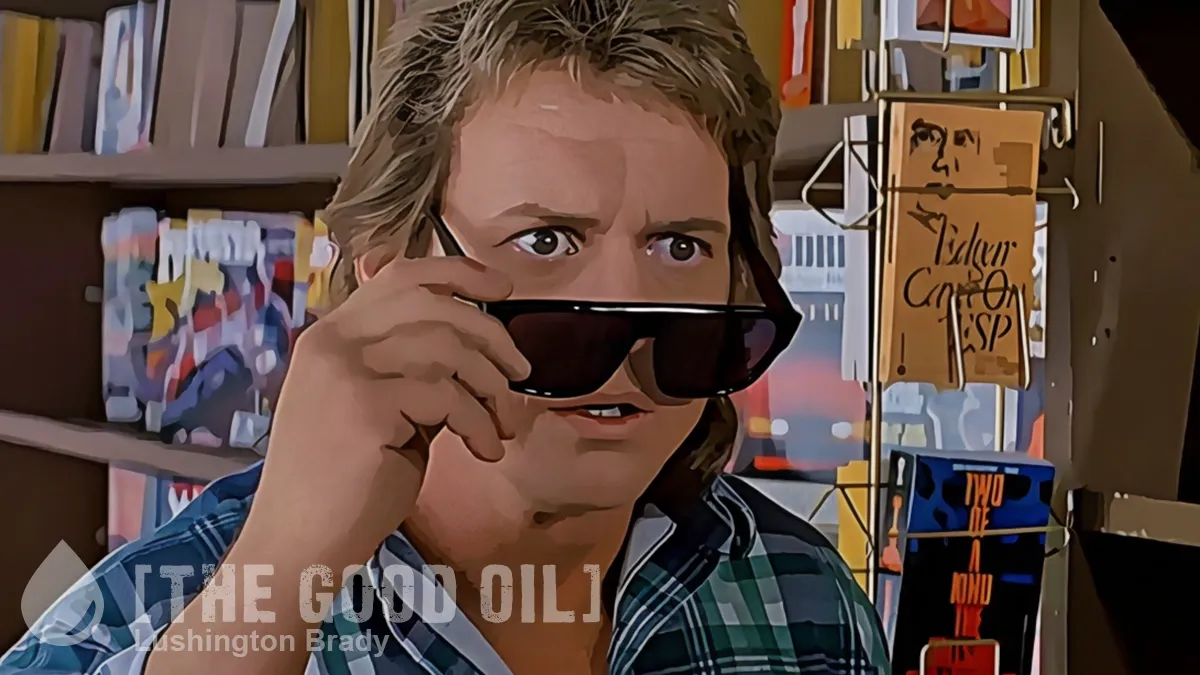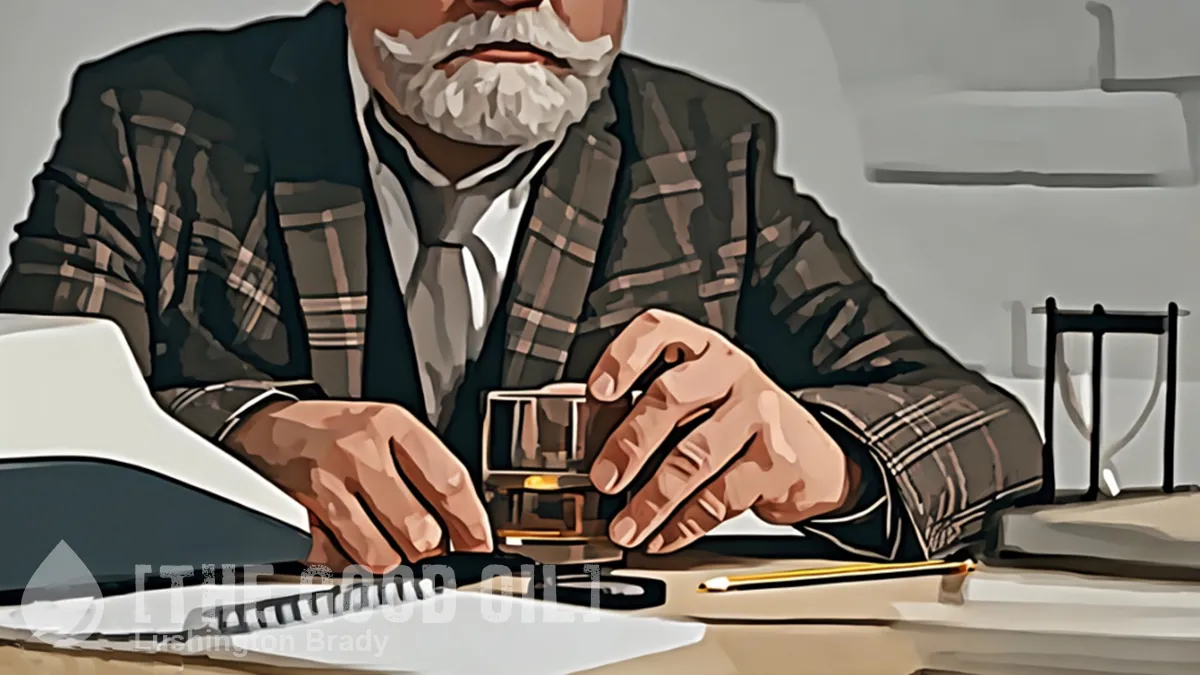Table of Contents

Good morning, delegates. It’s an absolute privilege to be speaking to you all here today as your leader.
I’d like to acknowledge National Party President Peter Goodfellow, my fellow board members, my lower North Island colleagues and all of you, the members of the National Party. It is great to see you all here today.
The past few years have been a challenging time for our party. The 2020 campaign was tough and the result on election night was not what we hoped for.
We have been reflecting on this through our internal review and the findings are a key focus of our regional conferences this year.
This is important work but my message to you today is that we also need to look forward. We need to talk about the big issues facing New Zealand right now, and look to the future.
We need to talk about what makes National the party of choice to address these issues.
Many of you are saying that National needs to reemphasise our core party values – what we stand for. I agree.
In putting forward solutions to the big challenges New Zealand is facing, we can’t lose sight of what sets National apart from other political parties. We need to build the case for why National’s values will lead to a better way of life for all New Zealanders in the areas that matter to them.
Those values are loyalty to our country, its democratic principles, and our sovereign as Head of State; national and personal security; equal citizenship and equal opportunity; individual freedom and choice; personal responsibility; competitive enterprise and rewards for achievement; limited government; strong families and caring communities; and sustainable development of our environment.
These are strong values. They represent New Zealand. They represent me and they represent you. We need to approach our plan for a better New Zealand through the lens of these values.
Today I would like to talk about an issue that could shape our country for years to come.
Many of you may have seen or read my speech to the Northern Conference last week. I discussed the Treaty of Waitangi and its place in New Zealand today. I outlined why I disagree with Labour’s separate Maori Health Authority.
My speech was incredibly well-received. I’ve had a flood of emails and messages from people across the country.
My message was simple: that the Treaty of Waitangi is New Zealand’s founding document and it has an important role in our society today; that through the settlement process we must continue to right the wrongs of the past but we must also look forward; and that enabling New Zealanders to work together will see our inequities addressed and health outcomes improve for all.
I shone a light on the Government’s plan to give the separate Maori Health Authority the power of veto over the national health system. I shared the recommendations we uncovered in the Government’s He Puapua report and its vision for New Zealand in 2040 where governance is split between Maori and non-Maori.
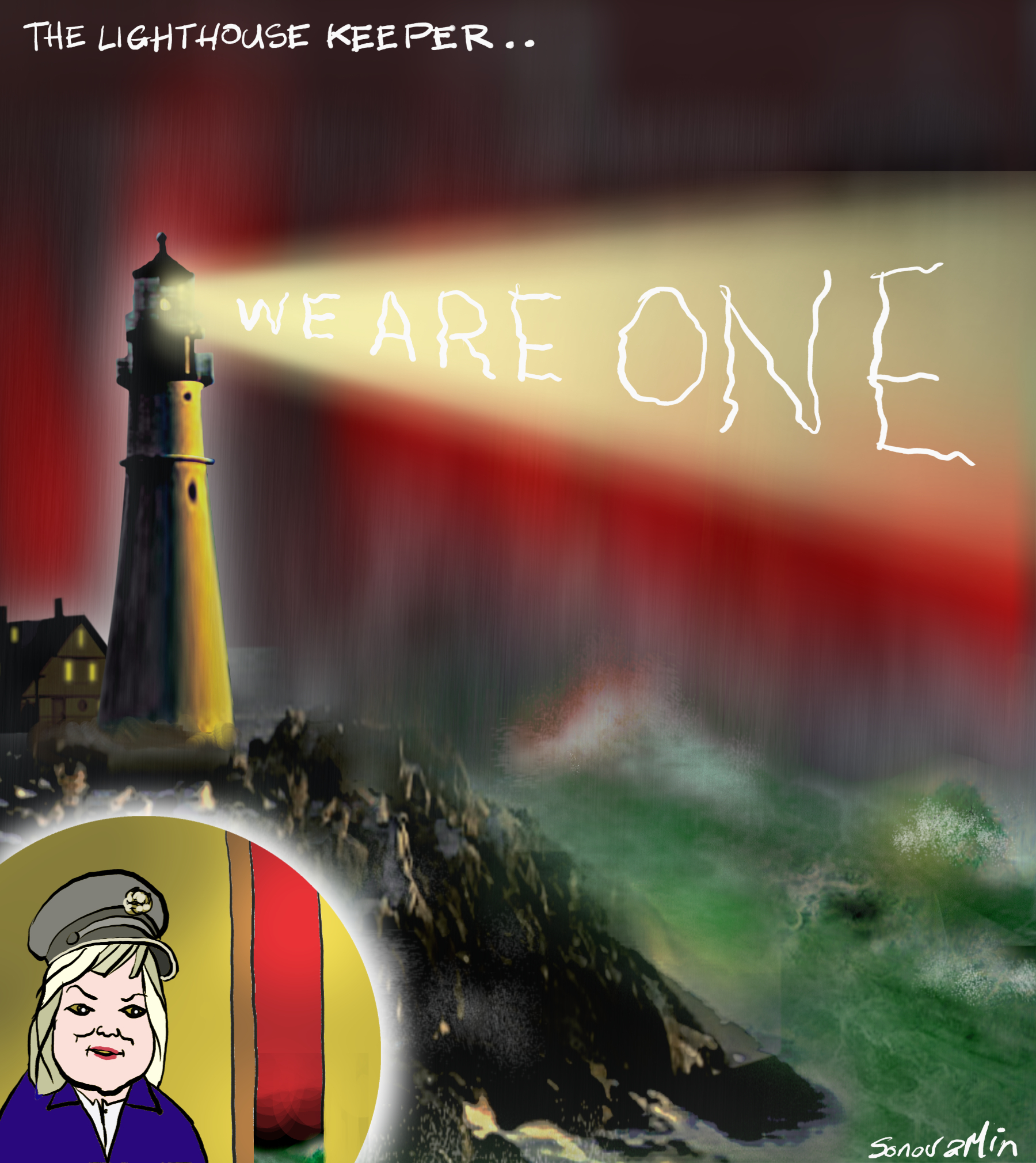
I stated my position on constitutional reform. I believe separate systems of governance is not what the Maori chiefs and Hobson had in mind in 1840, and separate systems is not what will help New Zealand in 2021.
I think this is a vitally important question for all New Zealanders to consider. There are times when we, as a nation, need to have hard conversations. The Prime Minister needs to understand this.
This is a conversation that needs to be had. People are concerned.
If anyone is questioning why I am raising this topic, I’d ask them to reflect on the many changes the Government has made in the past 24 months alone. Let me outline just a few.
The Government’s freshwater reforms have embedded Te Mana o te Wai as a ‘fundamental concept’.[1] This was a recommendation of He Puapua.
[1]He Puapua recommends the Kahui Wai report is implemented. See the report here:
The report recommends
“Embed Te Mana o te Wai principles and obligations to guide all activities”. The freshwater reforms require every regional council to “give effect” to Te Mana o te Wai and define Te Mana o te Wai as the “fundamental concept” and “relevant to all freshwater management”.
environment.govt.nz/assets/Publications/Files/kahui-wai-maori-report.pdf .
The Government is consulting on a New Zealand history curriculum for students aged five to 15. The proposed curriculum is shaped around the study of the consequences of colonisation and the effects of power.[2] Rewriting the history curriculum and making it compulsory was a recommendation of He Puapua.
2 You can read the Documents here
The Government has, without consultation and against official advice, passed a law allowing councils to urgently create Maori wards for the 2022 local government elections. This can now be done without councils consulting the people in their districts, even if those districts previously voted against Maori wards. This was a recommendation of He Puapua.
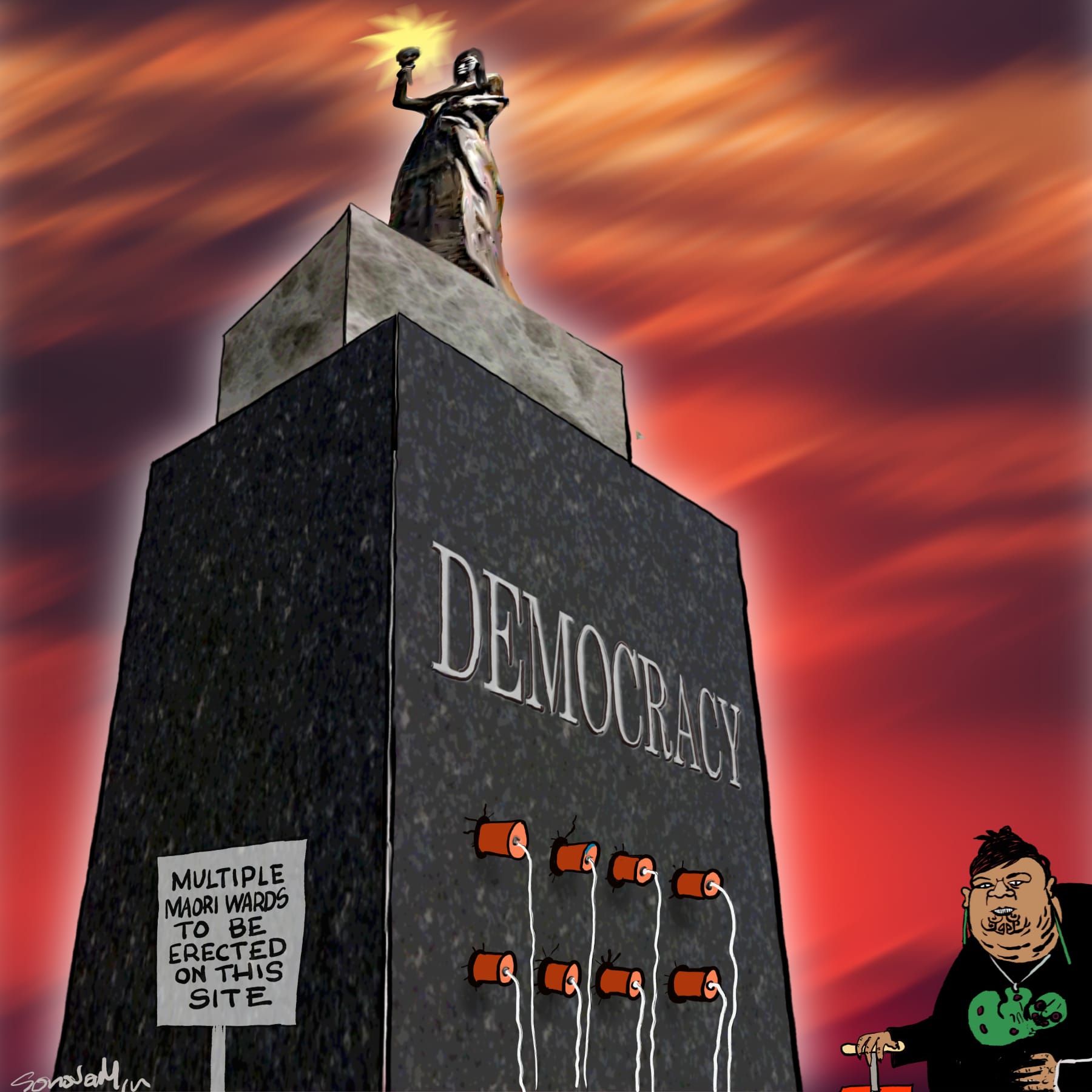
David Parker’s Cabinet Papers on resource management reform note a direct role for Maori in resource management decision making.[3]
3 Cabinet Paper here: See recommendation 34 in relation to role of Maori in decision making. See recommendation 36 to 39 in relation to meeting with “The Collective”.
The Prime Minister and David Parker met with five iwi organisations and the Labour Maori Caucus in December, and at this meeting a commitment was made for the Government to work with iwi on freshwater and resource management reform. Maori governance of freshwater and resource management is a recommendation of He Puapua.
And then we have the Maori Health Authority, able to exercise veto over the $20 billion health budget.[4] Again, a recommendation of He Puapua.
4 Cabinet Paper here: Paragraph 52 describes the veto. Recommendation 32.2 states the Maori Health Authority will need to co-sign or approve national and regional strategies and service plans before they come into effect.
The Waitangi Tribunal has, in just the past few weeks, made a decision that we must have a separate child welfare service for Maori in order to comply with Article 2 of the Treaty. Kelvin Davis is now considering this. Another recommendation of He Puapua.
The Department of Conservation is currently undertaking a review of how it can give effect to the principles of the Treaty of Waitangi. DOC is having hui with iwi on draft recommendations.I have been given a copy of the draft recommendations from a hui attendee.
The group is recommending that the ownership model of the DOC estate is reformed. That functions and powers for the DOC estate are delegated, devolved and transferred to Tangata Whenua.
Remember, this isn’t just the National Parks, it’s the entire DOC estate – 85 per cent of the West Coast.
The document recommends we recast the legal status of waters, resources and indigenous species. To do this, recommendations include reform in the freshwater and ocean space too. This is all recommended in He Puapua.
When it comes to these issues, people will have different views. We can debate the intention of the Treaty of Waitangi and we can debate the merits of each of these policies, and whether they will move New Zealand forward.
I am under no illusion that this is a highly complex and contentious debate, but I am simply asking the Prime Minister to implement the one recommendation from He Puapua she has ignored. That is, to have a national conversation on this issue.
I don’t want to see New Zealand become a two-system country without having a proper discussion.
Health Minister Andrew Little says he hasn’t read He Puapua. He simply believes the Maori Health Authority is needed in order to fulfil Treaty obligations.[5]
The Prime Minister has said similar. She has emphasised that the Treaty requires a partnership.[6]
6 See Hansard.
But it doesn’t matter if the Government is implementing a script from He Puapua or simply operating under a view that Article 2 of the Treaty provides separate sovereignty. He Puapua shows the path this view leads us down. It shows New Zealand operating as a partnership between two separate governments.
My message is simple. If it is Labour policy that the Crown has an obligation under the Treaty to allow for tino rangatiratanga – to allow two systems of decision-making rights[7] – and, as Cabinet agreed three weeks ago, that we must have partnership in decisions at all levels of the system, then this conclusion has consequences. It changes our democracy.
“We want Maori to exercise their rights under the Treaty and the Crown to fulfil its obligations under the Treaty, which is to allow for tino rangatiratanga, some leadership, some control, some decision-making rights. That is the direction we’re going.”
parliament.nz
When the last National Government wanted to change the flag, we took it to a referendum. It failed. We listened.
This decision is bigger than changing the flag. This week we learned that Maori Development Minister Willie Jackson has prepared a Cabinet Paper on He Puapua. He has met with the Prime Minister to discuss the Cabinet Paper.[8] This is all happening without transparency or consultation.
What is in the He Puapua Cabinet Paper Prime Minister? Why not release it to the New Zealand public?
My feelings on this are clear. We need to decide, as a nation, what our overarching view of the Treaty is in today’s society. Every New Zealander should be part of that conversation.
Before we implement any more changes from He Puapua, let’s come together and discuss some of the big questions. What is the role of the Treaty in our democracy? What is the role of the Treaty in our core government services?
I am happy to state my view, the National Party view. Maori are the first people of New Zealand and Maori people, culture and reo are at the heart of New Zealand’s unique national identity. All of New Zealand holds this culture as special. Supporting Maori to enhance Maori culture and language enhances New Zealand’s culture and language.
The National Party agrees that the Treaty is our founding document. To this end, I am encouraged by discussions about including a Treaty clause in our National Party constitution.
The Treaty has an important role in our democracy today. The Treaty was breached by the Crown. These breaches, including the land wars, had a terrible impact on Maori communities and left a lasting legacy.
It is right that we continue to address these wrongs and it is right that we undertake settlements with iwi and hapu impacted by Treaty breaches. We are proud of our track record of settling Treaty claims, and our members can be proud of the support you gave us to do that.
Treaty settlements have put iwi in a position to be leaders in business – to provide employment and services to their people and to bolster the Maori economy. Government needs to empower iwi in this role and address the inequities we see today through tailored programmes for communities in need.
A National government under my leadership will work with Maori to address inequities in the Maori community.
National has proven it can do this through initiatives like Kohanga Reo; Kura Kaupapa Maori; Whare Wananga and Whanau Ora, just to name a few. These initiatives demonstrate the commitment from National and National-led governments to upholding the Crown’s unique and enduring relationship with Maori.
The Treaty brought all of the different people of New Zealand together and granted complete government to the Crown. It granted all people individual rights over their possessions, and it granted equal rights to all people of New Zealand.[9]
9 See explanation here.
The question of the role of the Treaty in our democracy today is complex, and one we need to discuss as a country. We are eager to have this discussion but let me put a few National Party bottom lines forward now. One Parliament must represent all the people of New Zealand. Government services need to be provided for all.
The Deputy Leader of the Labour Party, Kelvin Davis, has said the Government is devolving Oranga Tamariki decision making, power and resources to Maori. Kelvin Davis has said he agrees with the Waitangi Tribunal that if the Crown takes a Maori child who is in danger into its care, this is a breach of the Treaty.[10]
10 See audio clip below.
I do not agree. The Government needs to protect all children. New Zealand loses a child to murder every five weeks. This is a national shame. There is no way that the state can remove itself from the duty to care of any child at risk. Every child, irrespective of ethnicity, deserves a safe life.
Labour’s justice working group has recommended separate justice systems.[11] The Government needs to give justice to all victims. There is no way the Government can remove itself from the duty to seek justice for all.
11 “We recommend that the Government: establish a Mana Orite (equal power) governance model under which Maori and Crown agencies share in justice sector decision-making, as recommended by Inaia Tonu Nei … the Tiriti guarantee of tino rangatiratanga includes a right of Maori communities to authority over their own affairs and in accordance with tikanga. This is the default position.
Where Maori rights and interests overlap with others, as they inevitably do in respect of justice, Maori and the Crown must negotiate mutually acceptable solutions … that report calls for decolonisation of the justice system through power sharing, Maori-led responses to offending, prioritisation of tamariki wellbeing and development, and replacement of current prison structures with community-based responses to, and accountability for, offending.”
safeandeffectivejustice.govt.nz/about-this-work/te-uepu-report .
National believes the foreshore and seabed belongs to everyone and is owned by no one. Water belongs to everyone and is owned by no one. The Conservation estate belongs to everyone.
This is what National believes. The operation of Government is serious. Government services must protect and provide for all.
New Zealand’s 2040 vision must be of a confident country moving forward, together, founded on the Treaty of Waitangi; honouring the Treaty and the rights given to all the people of New Zealand. A shared history; complex as it is.
I’d like to conclude by saying that National’s priorities for this term will be promoting ideas and polices that will move this country forward a number of different ways.
We want our cities to be world-class, with superior infrastructure, clean beaches, and quality housing.
We want to see land controls freed up and the Resource Management Act scrapped so we can build houses fast.
We want people to be able to afford a home and raise their children in safe communities.
We want to see social investment that will help people find meaningful work and lift their families out of poverty.
We want to see sensible investment in the first thousand days of our children’s lives to give them the best start.
We want to see investment in science and growth in our tech sector to attract the world’s best and brightest to come here.
We want to see businesses and farmers empowered to use science and technology to reduce emissions.
National knows that enabling commerce will enable Kiwis to work together and grow their own future.
We want a New Zealand that is ambitious for itself and New Zealanders who have the tools they need to succeed. We want a Parliament that will work for all New Zealanders to ensure their hard work gets fair reward.
When the country is moving forward, New Zealanders have enough money in their pockets to afford more than just the essentials. When the country is moving forward, houses are getting built and people can afford to buy them.
This is what will see our inequities addressed. This is what will see health outcomes improve for all. But more than that, it will mean our children will grow up with aspiration and opportunity.
National wants more for New Zealand. We know that if New Zealanders are working together, we are all better off. We believe in New Zealanders and we firmly believe that we are better together.
Thank you.
The draft recommendations from DOC’s Options Development Group are below.
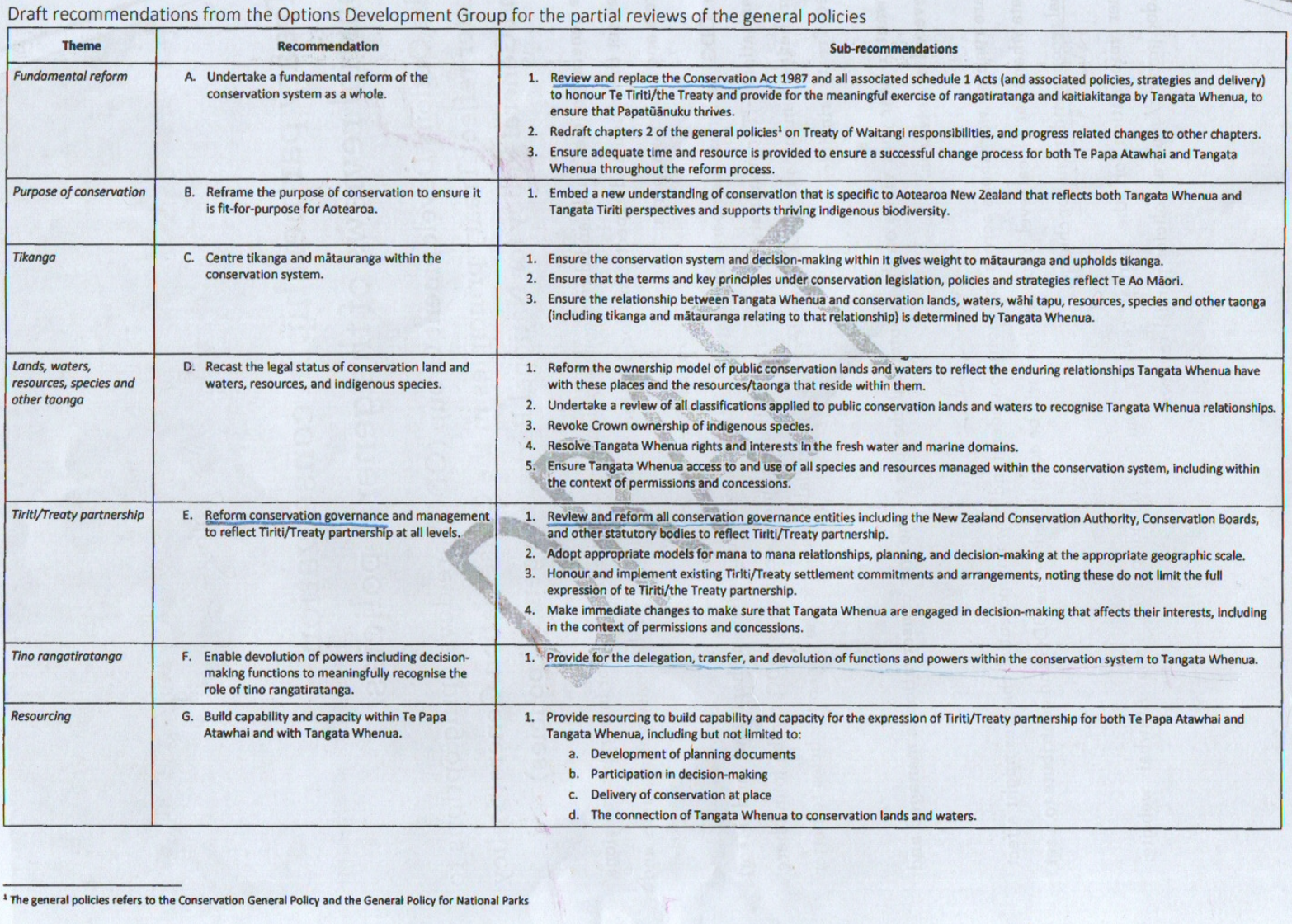
Please share so others can discover The BFD.



